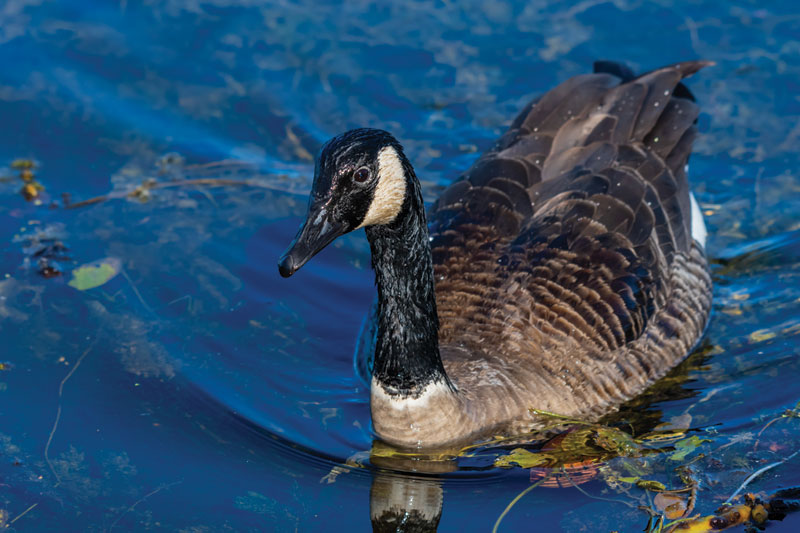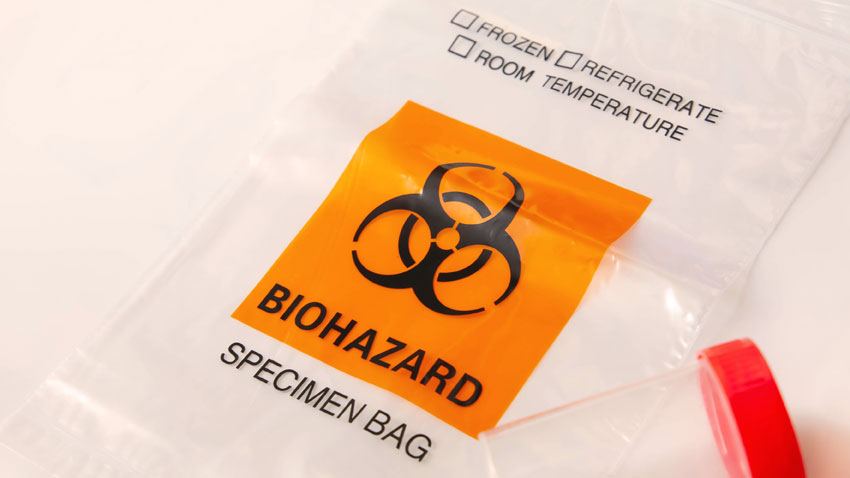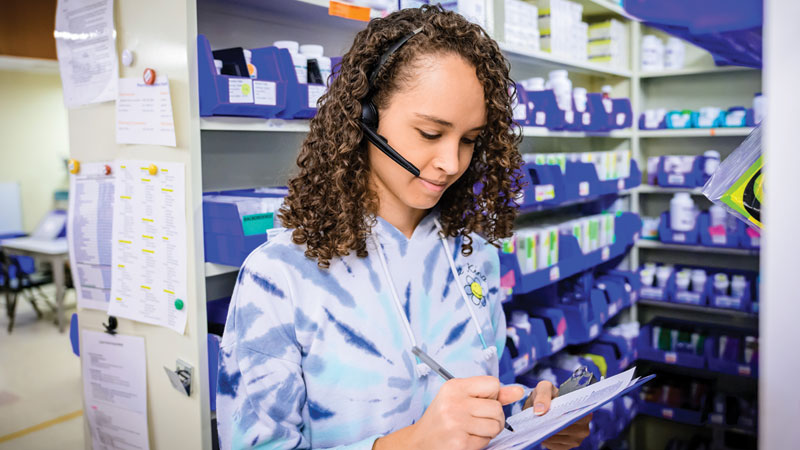Maybe you have heard that ferrets can be infected with the new coronavirus (SARS-CoV-2)? This can be frightening information, if you treat these stinky weasels. Get the facts and learn how we see ferrets during the pandemic.
[row][column size=”6″]
Current Facts about Ferrets and Coronaviruses
- Ferrets have their own coronavirus that causes diarrhea (epizootic catarrhal enteritis or “green slime disease”) and, in some cases, systemic ferret coronavirus (similar presentation to feline infectious peritonitis). This coronavirus is distinct from SARS-CoV-2 and not contagious to humans.
- Two studies prove that ferrets can be experimentally infected with SARS-CoV-2. Further, experimentally infected ferrets can infect other ferrets. All of the infected ferrets in this study survived (1,2). There have been no documented cases of natural infection in which a ferret has contracted the virus from a human or spread the virus to a human.
- There is a report of several mink from a few farms in the Netherlands being infected with SARS-CoV-2, and additional reports of human caretakers at that farm being infected. At this time, it is unclear if the humans passed the infection to the mink or vice versa.
[/column][column size=”6″]
Veterinary Teaching Hospital Guidelines |
|
[/column][/row]
We have adopted the above guidelines to ensure that we can treat ferrets during the pandemic, but also keep our staff safe. As always, the zoological medicine service is available to assist through phone consultations and/or referrals of ferret cases.
By Krista Keller, DVM, DACZM, and William Sander, DVM, MPH, DACVPM
References
- Shi J, Wen Z, Zhong G, Yang H, Wang C, Huang B, et al. Susceptibility of ferrets, cats, dogs, and other domesticated animals to SARS–coronavirus 2. Science. 2020 Apr 8;eabb7015.
- Kim Y-I, Kim S-G, Kim S-M, Kim E-H, Park S-J, Yu K-M, et al. Infection and Rapid Transmission of SARS-CoV-2 in Ferrets. Cell Host Microbe. 2020 May;27(5):704- 709.e2.

![[Ferret]](https://vetmed.illinois.edu/wp-content/uploads/2021/04/ferret2-web.jpg)


